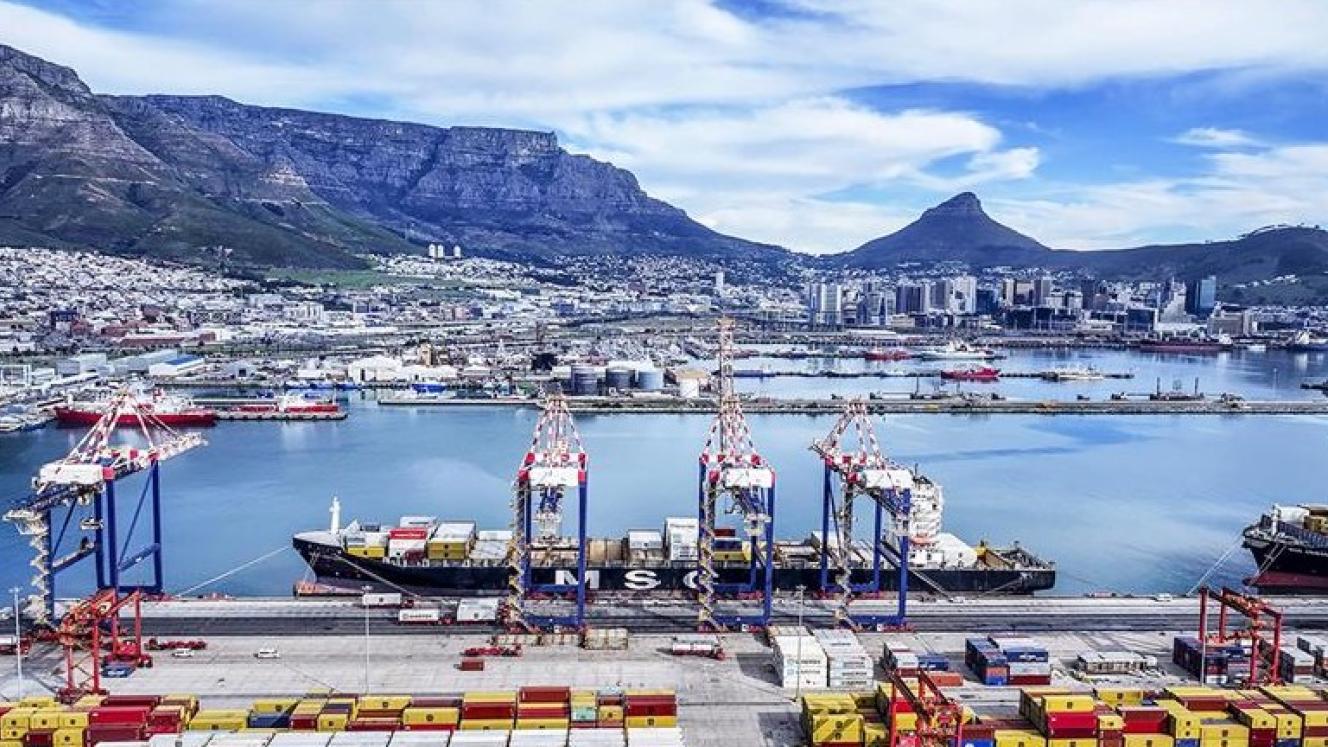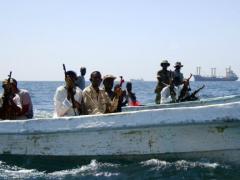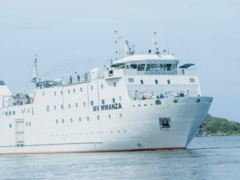At a time when seafarer mental health is a serious concern, Yemen’s Houthi rebels are resorting to a seldom-seen tactic to disrupt maritime trade in the Red Sea – targeting the humane treatment of capture crew.
Following the sinking of the Eternity C on 7 July, the Ansar Allah movement run by Abdul-Malik al-Houthi has released a video showing the 10 surviving crew members of the multi-purpose vessel (MPV).
Apart from parading the crew in front of the video camera, it also shows Houthi fighters pulling seafarers – mostly Filipino nationals – from the sea.
It was reported that some of the crew received basic medical attention, with one man, reportedly the vessel’s Russian electrician, shown in bed recovering from injuries, including a severed leg.
Nine of the captive crew were filmed repeating in chorus that they were sorry for the Palestinians in Gaza – a scene that was clearly choreographed.
The Ansar Allah has variously stated that Israel’s bombardment of Gaza and its treatment of civilians in the area is the reason for its attacks on commercial vessels in the Red Sea.
The European Union’s naval task force, Operation Aspides, confirmed that 15 of the ship’s 25 crewmembers were initially unaccounted for after the attack, with four now presumed dead. The Houthis claimed to have rescued 11 crewmembers, but they also confirmed that one body had been recovered from the ship before it sank.
The United States and Human Rights Watch (HRW) strongly criticised the militia’s actions. HRW said the rebel group was unlawfully detaining civilians, while US officials accused the Houthis of kidnapping the missing seafarers in violation of international law.
The renewed threat after the sinking of the Eternity C was described as another blow to shipping safety in the Red Sea, already a high-risk zone due to the ongoing conflict.
Prior to the MPV’s sinking, the Houthis also attacked and sank the Magic Seas, a bulker sailing off the Yemeni coast.
Seafarer mental health at the moment is considered to be in a serious and concerning state.
Currently, more than 25% of seafarers report symptoms of depression, along with widespread feelings of loneliness, isolation and anxiety due to long periods away from family, high stress and difficult working conditions at sea.
There has been a troubling increase in crew deaths, with suicides exceeding fatal accidents in some data. Stress is a major factor affecting both physical and mental health on board.
The Seafarers’ Happiness Index for early 2025 shows low morale, with seafarers citing excessive workloads, lack of shore leave, restrictions on rest, and poor communication with loved ones as critical stressors.
Depression rates among seafarers are significantly higher than in the general population, with incidences of post-traumatic stress disorder around 37%, far above civilian averages.













